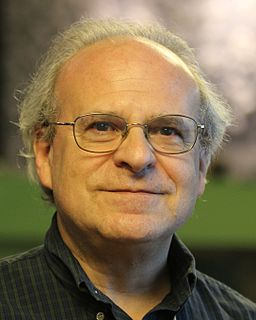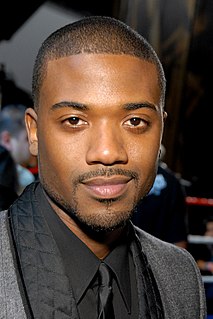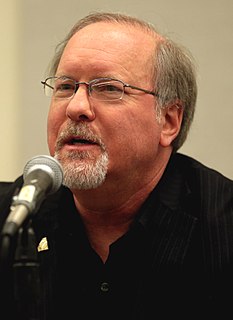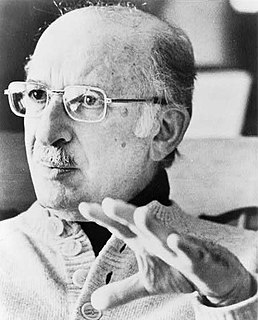A Quote by Guy Kawasaki
"Patents make our product defensible." The optimal number of times to use the P word in a presentation is one. Just once, say, "We have filed patents for what we are doing." Done. The second time you say it, venture capitalists begin to suspect that you are depending too much on patents for defensibility. The third time you say it, you are holding a sign above your head that says, "I am clueless."
Related Quotes
If you didn't have patents, no one would bother to spend money on research and development. But with patents, if someone has a good idea and a competitor can't copy it, then that competitor will have to think of their own way of doing it. So then, instead of just one innovator, you have two or three people trying to do something in a new way.
The days are over when technology can be advanced in laboratories by individual scientists alone. Now you need an army of lawyers to negotiate the hazardous terrain of interlocking patents. Unless we find a solution to the problem of interlocking patents, the patent system may actually impede the very innovation it was designed to encourage.


































